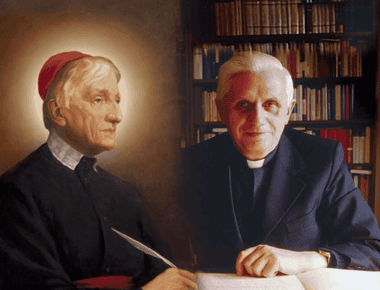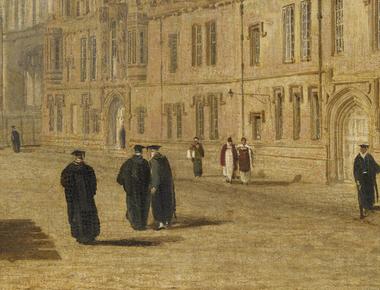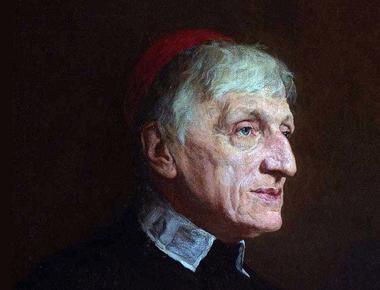
Most clergy, Christian educators, and parents are aware of the challenges facing evangelization and catechesis in our world today. The rise of secularism has left many Christians with an inadequate understanding of who God is and how God relates to us. Scientism and materialism have limited the scope of our worldview to exclude the divine, and therefore the anthropology for many in today’s world does not account for the God-human relationship.









